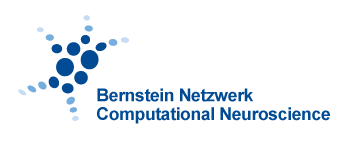Bridging RNNs and data: Hypothesis-testing of network dynamics against neural recordings
Organizers
Isabel M. Cornacchia | University of Edinburgh, UK
Arthur Pellegrino | University of Edinburgh, UK
Abstract
Recurrent neural networks (RNNs) have become an increasingly popular tool for modelling the neural computations underlying behavioural tasks. By varying the task they are trained on, their architecture, or their learning rule, a myriad of different models can be created, each corresponding to specific assumptions regarding the neural circuit solving the task. It is however not always clear how to test the hypotheses generated by different RNNs against experimental data. Recently, dimensionality reduction methods have been highlighted as candidate tools to compare the neural activity of network models to large-scale neural recordings, opening a window into bridging artificial and biological network dynamics. The present workshop aims to foster discussion between theorists working on neural network models and experimentalists working on neural population recordings to make a step towards systematic hypothesis-testing of the neural computations performed by RNN models against neural data.




